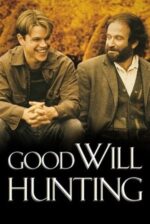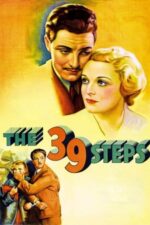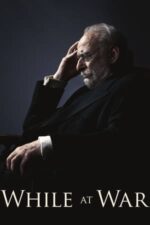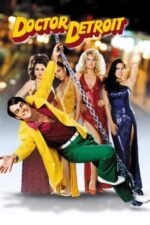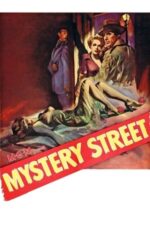Beyond the Lecture Hall: Exploring the Complexities of the College Professor in Film
There’s something inherently fascinating about the college professor archetype, isn't there? It conjures images of tweed jackets, overflowing bookshelves, and a quiet authority born from years spent immersed in knowledge. But film has consistently shown us that the reality is far more nuanced – often messy, sometimes dangerous, and always ripe for dramatic exploration. We rarely see just the sage dispensing wisdom; we see the person behind the lectern, grappling with their own demons and complexities.
Think about Renato Caccioppoli in Death of a Neapolitan Mathematician. He’s not your typical professor lecturing on theorems. He's a man adrift, haunted by past failures and disillusionment, his intellect failing to shield him from profound personal tragedy. It’s a far cry from the idealized image we might have, but it speaks volumes about the human condition – even (or perhaps especially) within academia.
The portrayal of professors has evolved significantly over time. Early depictions often leaned into the eccentric genius trope - think of the absent-minded professor stumbling through life, brilliant in their field but utterly clueless elsewhere. But more recent films have dug deeper. In From the Hip, we see a professor embroiled in a legal drama, forced to confront his own moral compromises – a far cry from the ivory tower. Then there's the unsettling dynamic in They’re Playing with Fire, where power imbalances and forbidden desire blur the lines of professional responsibility. It's uncomfortable viewing, but it forces us to consider the vulnerabilities inherent in any position of authority.
Even action films like The Eiger Sanction subvert expectations. An art professor leading a double life as an assassin? That’s a delicious twist! It highlights how even those who appear dedicated to intellectual pursuits can harbor hidden depths and darker skills. It's a bit like seeing Mr. Rogers secretly training to be a ninja – the contrast is jarring, but compelling.
And let’s not forget films that explore the more fantastical side of academia, like Night of the Eagle. The skepticism of the professor in that film, his refusal to believe in his wife’s magical abilities, speaks to a deeper human need for control and rational explanation – even when confronted with something inexplicable.
The college professor figure allows filmmakers to examine broader societal themes: ambition versus integrity, the burden of knowledge, the fragility of reputation, and the ever-present tension between personal desire and professional responsibility. They’re not just characters; they're vessels for exploring complex ideas about human nature itself. So next time you’re looking for a film that offers more than surface-level entertainment, consider one featuring this fascinating archetype – you might be surprised by what you discover beyond the lecture hall.




















